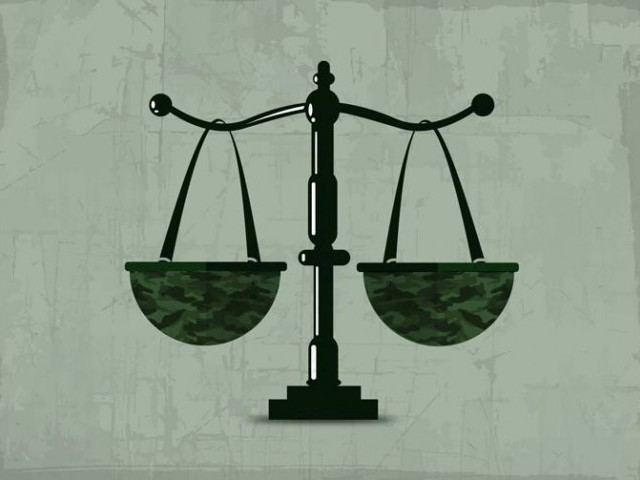When people hear the term “military justice,” a slew of preconceived notions often comes to mind. For some, the concept conjures images of authoritarian courts and rushed decisions. However, these impressions are often shaped by misconceptions. Let’s unpack the truth behind military justice and separate fact from fiction.
Myth 1: Military Justice is Unfair
A common belief is that military courts lack fairness, prioritizing discipline over justice. In reality, military justice systems are carefully designed to balance discipline with due process. They operate under well-defined codes, such as the Uniform Code of Military Justice (UCMJ) in the United States. This framework ensures that service members are granted many of the same rights as civilians, including the right to a fair trial, defense counsel, and an appeals process.
Myth 2: Military Trials Are Rushed and Superficial
Another myth suggests that military trials are hastily conducted without proper investigation. This couldn’t be further from the truth. Military trials often involve extensive pre-trial procedures, including investigations by impartial authorities. These trials follow strict legal standards, ensuring that evidence is meticulously reviewed and that verdicts are grounded in facts.
Myth 3: Military Courts Only Punish, Never Rehabilitate
Some believe that the military justice system is purely punitive. While discipline is a cornerstone, the system also emphasizes rehabilitation. Programs such as counseling, mentorship, and probationary services aim to reintegrate service members and address the root causes of misconduct. This dual focus ensures the maintenance of order while giving individuals the opportunity to reform.
Myth 4: Commanders Hold Absolute Power
A prevalent misconception is that military commanders wield unchecked authority in legal matters. While commanders do play a role in the process, their decisions are subject to legal oversight. Independent military judges, defense attorneys, and appellate courts provide checks and balances. This separation of powers ensures that no single individual can dictate outcomes.
Myth 5: Military Justice is Isolated From Civilian Law
Contrary to popular belief, military justice does not operate in a vacuum. It is closely aligned with civilian legal systems. For instance, many military legal principles are derived from civilian jurisprudence, ensuring consistency and fairness. In some cases, service members accused of serious crimes may face parallel civilian and military proceedings.
Why Military Justice Matters
Understanding military justice is vital for appreciating the unique challenges faced by armed forces worldwide. It is a system built on fairness, discipline, and accountability, designed to ensure order within the military while safeguarding the rights of its personnel.
By debunking these myths, we gain a clearer picture of how military justice operates and its role in maintaining a balanced and lawful society.
Conclusion
Military justice is often misunderstood, but the reality is far more nuanced. By addressing these myths, we can foster a better understanding of how this critical system functions. Whether you’re a civilian curious about military law or a service member navigating its complexities, shedding light on these misconceptions helps bridge the gap between perception and reality.
Call to Action:
Stay informed about the military justice system. Share this article to help others separate fact from fiction about military courts and their role in ensuring justice.



Comments (0)
No comments yet. Be the first to comment!
Leave a Comment